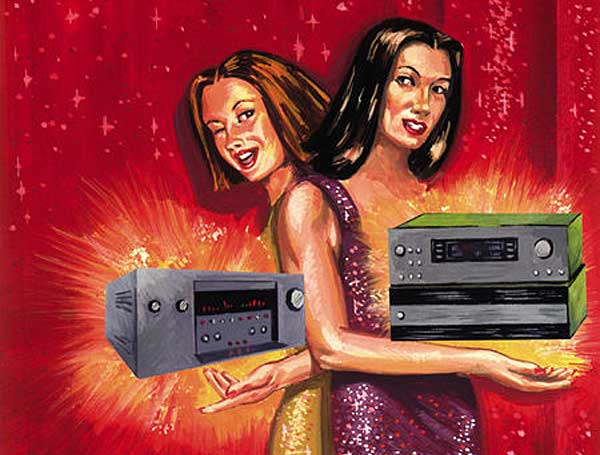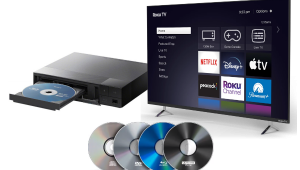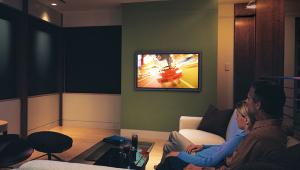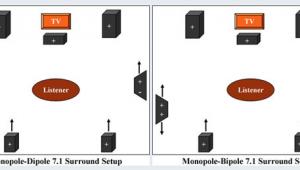Primary tabs
Do You Prefer an A/V Receiver or Separates?

At the heart of all home theaters is a central signal switcher/processor to which all the source devices are connected and one or more power amps to drive the speakers. These functions can be performed by separate components or combined into one unit called an audio/video receiver (AVR) or, in some 2-channel audio systems, an integrated amp.
Most enthusiasts agree that a separate preamp/processor (or pre/pro) and one or more power amps provide the best possible sound. On the other hand, such a system is more expensive and more complex to set up than an AVR, and the performance of AVRs has steadily improved over the years. On the third hand, if any function of an AVR fails, you must replace the entire thing, whereas a failure in a system of separates means replacing only the defective device. And even if there's no failure, separate components can be upgraded in a piecemeal fashion rather than all at once as with an AVR or integrated amp.
All of this leads me to wonder: Which do you prefer, the convenience and economy of an AVR/integrated amp or the ultimate performance and flexibility but greater hassle and expense of a system based on separate components, and why?
Vote to see the results and leave a comment about your choice.
- Log in or register to post comments




































































